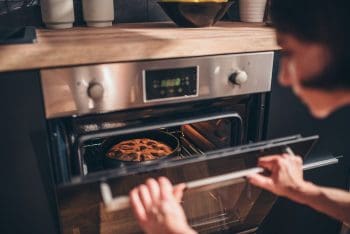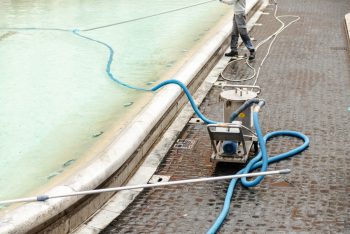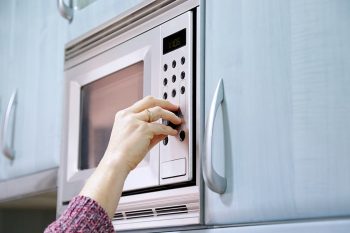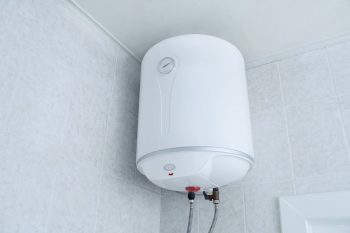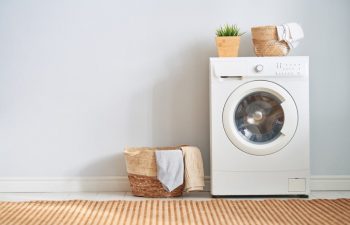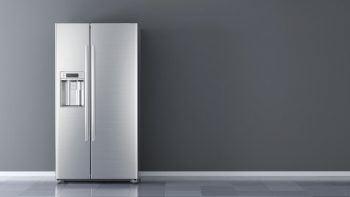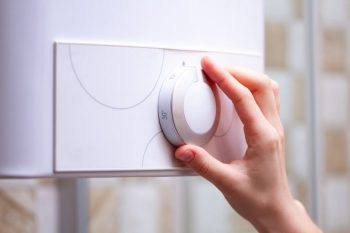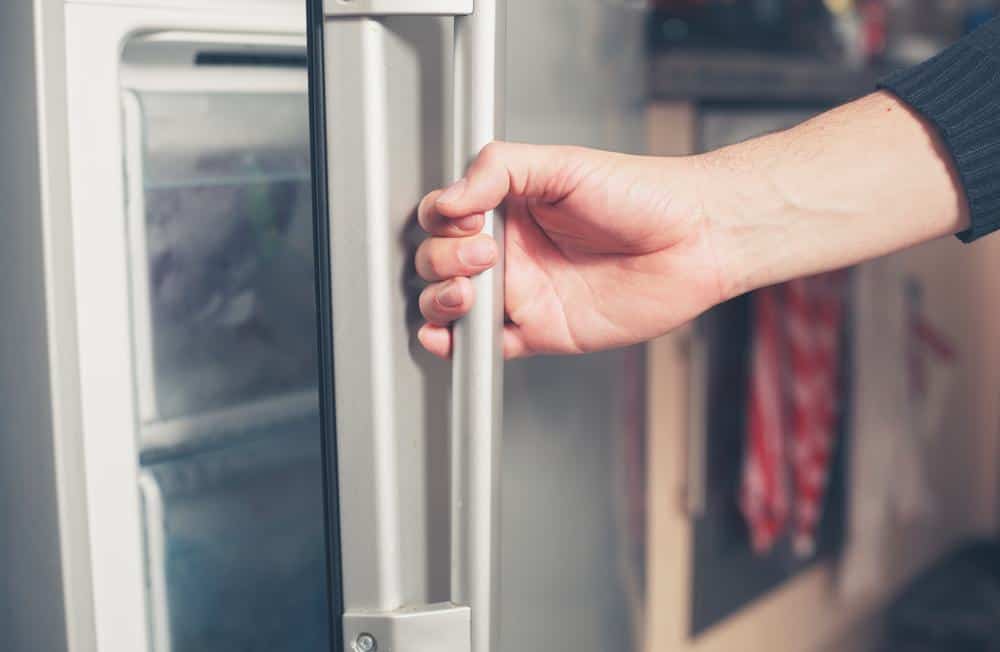
A refrigerator is an essential appliance in our homes, keeping our food fresh and safe to consume. But what happens when your fridge starts freezing everything inside? In this article, we delve into the possible reasons behind this issue and provide solutions to help you fix it.
Your fridge might be freezing everything due to a number of reasons such as incorrect temperature settings, faulty temperature sensor, blocked air vents, leaky door seals or gaskets, dirty condenser coils, a malfunctioning thermostat or damper, or due to external factors like the fridge’s placement near heat sources or in a high-humidity room. Checking and addressing these issues can help restore your fridge’s optimal functioning. If the issue persists, consider consulting a professional appliance repair technician.
The Role of Temperature Settings
One of the most common reasons your fridge might be freezing everything is due to incorrect temperature settings. The ideal refrigerator temperature is between 35 and 40 degrees Fahrenheit (1.7 to 4.4 degrees Celsius). If the temperature is set too low, it could cause the contents to freeze. It’s important to regularly check your fridge’s temperature settings and adjust them as necessary.
Sensor Malfunctions
Another possible cause is a faulty temperature sensor. The sensor monitors the temperature inside the fridge and sends the readings to the thermostat, which then controls the cooling system. A malfunctioning sensor could send incorrect readings, causing the fridge to overcool and freeze everything inside. To test this, you can place a glass of water on the top shelf for 24 hours and then measure its temperature with a cooking thermometer. If the reading is outside 2℉ of the set temperature, the sensor may need replacement.
The Importance of Airflow
Blocked air vents can also disrupt the fridge’s temperature regulation. The vents allow cold air to circulate throughout the fridge, helping maintain a consistent temperature. If the vents are blocked by food or other items, it can lead to uneven cooling and freezing. You should ensure that air vents are not blocked and that there is sufficient space between the food items for proper air circulation.
Door Seals and Gaskets
Leaky door seals or gaskets can cause warm air to enter the fridge, making it work harder to maintain the temperature. Over time, this can lead to overcooling and freezing. You can check the seals by placing a piece of paper in the door and trying to pull it out. If it comes out easily, you may need to replace the seals or apply petroleum jelly to improve the seal.
The Role of Coils
Dirty condenser coils can also contribute to freezing issues. The coils help dissipate heat from the fridge, and if they’re dirty, the fridge may have to work harder to maintain the set temperature, leading to overcooling. Regularly cleaning the condenser coils can help improve the fridge’s efficiency and prevent freezing.
The Thermostat and Damper
A faulty thermostat or damper can also cause the fridge to freeze everything. The thermostat regulates the temperature inside the fridge, and if it’s malfunctioning, it may fail to switch off the cooling system, causing the fridge to overcool. The damper controls the flow of cold air from the freezer to the fridge. If it’s broken, it can cause the fridge to become too cold.
External Factors
The external environment can also affect your fridge’s temperature. For instance, placing the fridge near heat sources or in a room with high humidity can make it work harder to maintain its temperature, potentially leading to freezing. To prevent this, ensure proper placement of the refrigerator and maintain sufficient space for air circulation.
In conclusion, there are several reasons why your fridge might be freezing everything. By understanding these potential causes and taking the necessary steps to address them, you can restore your fridge to its optimal functioning and keep your food fresh and safe to consume. If you’ve tried all these solutions and the issue persists, consider consulting a professional appliance repair technician for further assistance.
Frequently Asked Questions
How often should I clean my refrigerator’s condenser coils?
It’s recommended to clean the condenser coils of your refrigerator at least twice a year. However, if you have pets or if the fridge is in a dusty area, you might need to do it more frequently.
How can I check the temperature of my fridge without a thermometer?
If you don’t have a thermometer, you can use a glass of water to check the temperature. Place the glass of water in the fridge for about 24 hours, and then check the state of the water. If it’s frozen, your fridge is too cold.
What should I do if my fridge’s door seals are leaking but the gaskets are in good condition?
If the door seals are leaking but the gaskets are in good condition, you may need to adjust the door alignment. If the door is not properly aligned, it can cause leaks even if the gaskets are intact.
Can a faulty freezer affect the temperature of my fridge?
Yes, a faulty freezer can affect the temperature of your fridge. The fridge and the freezer share the cooling system, so if the freezer is not working properly, it can cause issues with the fridge’s temperature regulation.
Can I fix a faulty thermostat or damper myself?
While it’s possible to fix a faulty thermostat or damper yourself, it’s usually best to consult a professional technician. These components are complex and delicate, and incorrect handling can cause further damage.

